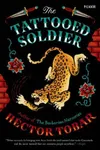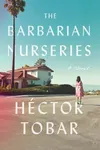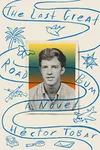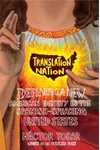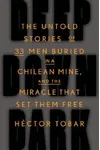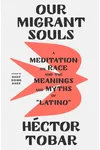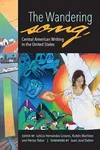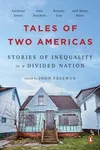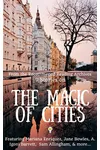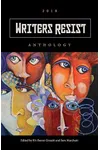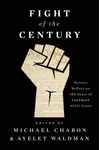Picture a storyteller who weaves tales of migration, identity, and resilience with the vibrancy of a Los Angeles sunset—meet Héctor Tobar! Born to Guatemalan immigrants, this Pulitzer Prize-winning journalist and novelist captures the intricate dance between Latin America and the United States. His works, from gripping novels to heart-wrenching nonfiction, have earned him a Guggenheim Fellowship and a lasting place in literary hearts.
Tobar’s stories aren’t just words on a page; they’re a bridge connecting cultures, histories, and dreams. Whether you’re new to his work or a longtime fan, his narratives promise to pull you in and leave you thinking. Let’s dive into the life and legacy of this remarkable author!
The Making of Héctor Tobar
Born in 1963 in Los Angeles, Héctor Tobar grew up in East Hollywood, surrounded by the stories of his Guatemalan immigrant parents. Their journey, shaped by a U.S.-backed coup in Guatemala, fueled his curiosity about identity and displacement. Tobar studied at the University of California, Santa Cruz, majoring in Latin American studies, and later earned an MFA in Creative Writing from UC Irvine. His journalism career took off at the Los Angeles Times, where he covered the 1992 L.A. riots, earning a Pulitzer Prize with his team. These experiences laid the foundation for his storytelling, blending raw reality with vivid imagination.
Héctor Tobar’s Unforgettable Stories
Tobar’s debut novel, The Tattooed Soldier (1998), is a haunting tale of a Guatemalan refugee seeking justice in Los Angeles during the 1992 riots. Its raw depiction of trauma and diaspora resonates deeply, earning praise for representing Central American voices. In The Barbarian Nurseries (2011), Tobar paints a sweeping portrait of class and ethnic tensions in Southern California, earning a New York Times Notable Book nod and the 2012 California Book Award.
His nonfiction masterpiece, Deep Down Dark (2014), chronicles the 2010 Copiapó mining accident, where 33 Chilean miners survived 69 days underground. This New York Times bestseller, adapted into the film The 33, showcases Tobar’s ability to humanize epic survival stories. His latest work, Our Migrant Souls (2023), is a meditative nonfiction exploration of Latino identity, earning the Kirkus Prize and critical acclaim for its personal and cultural depth.
Tobar’s style is a vibrant tapestry of social realism, empathy, and cultural insight. His themes—migration, race, and the search for belonging—reflect his own heritage and the pulse of Latino America. Each story feels like a conversation, inviting readers to see the world through new eyes.
Why Héctor Tobar Matters
Héctor Tobar’s work transcends borders, giving voice to the Latino experience in a way that’s both universal and deeply specific. His stories challenge stereotypes, illuminate hidden histories, and celebrate resilience. As a professor at UC Irvine, he mentors young writers, shaping the next generation of storytellers. His Guggenheim Fellowship in 2023 underscores his enduring influence in fiction, while his journalism continues to spark dialogue on race and identity.
Tobar’s legacy lies in his ability to make readers feel connected—to characters, to cultures, and to the shared human struggle. In a world often divided, his work is a reminder of the power of stories to unite and inspire.
- Born: 1963, Los Angeles, California
- Key Works: The Tattooed Soldier, The Barbarian Nurseries, Deep Down Dark, Our Migrant Souls
- Awards: Pulitzer Prize (1992, team), California Book Award (2012), Kirkus Prize (2023), Guggenheim Fellowship (2023)
Snag Our Migrant Souls or Deep Down Dark and dive into Héctor Tobar’s captivating world of storytelling! You’ll find yourself lost in tales that are as thought-provoking as they are unforgettable.
